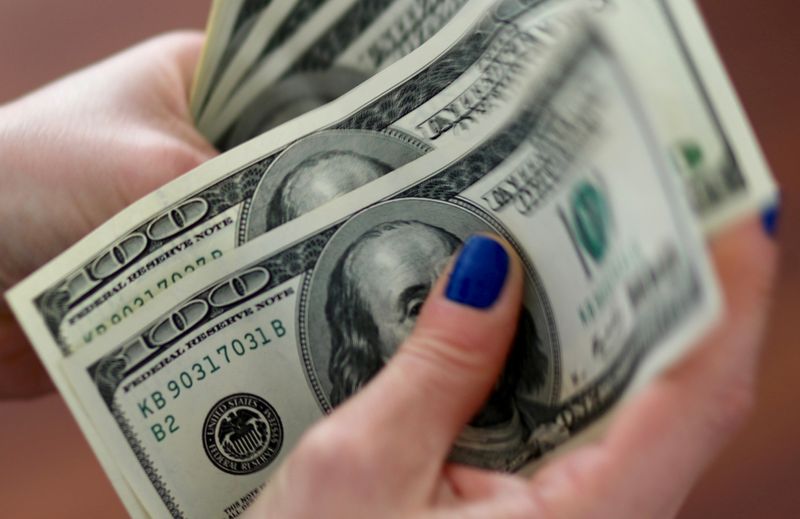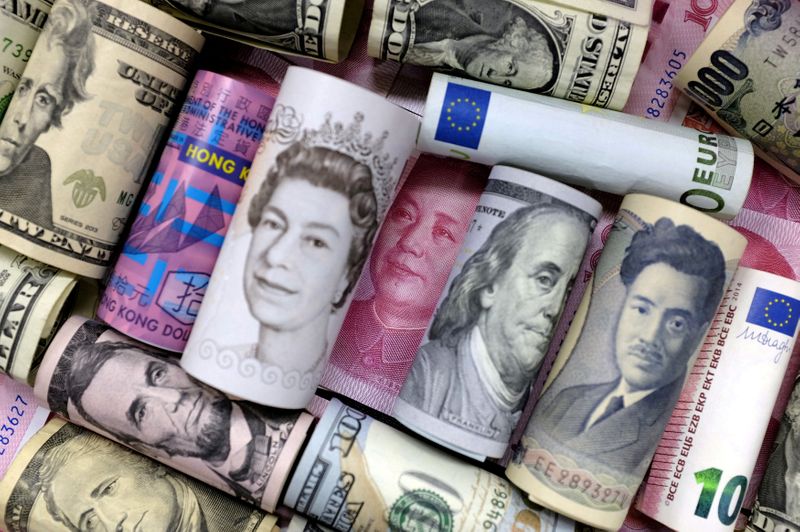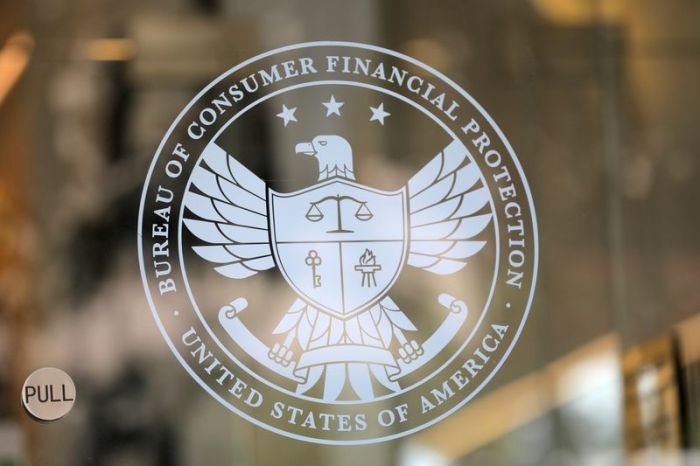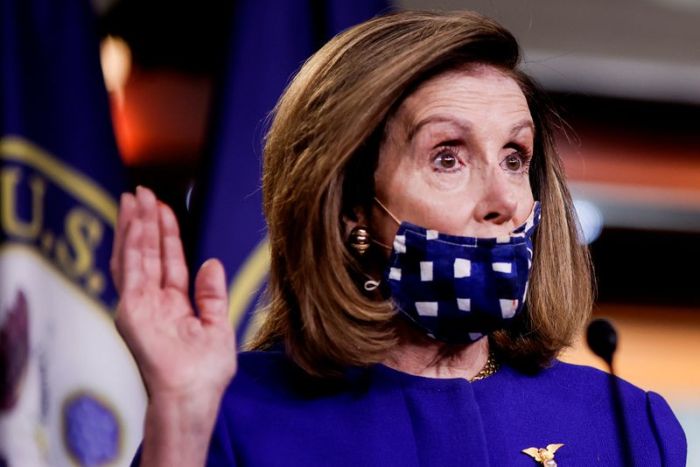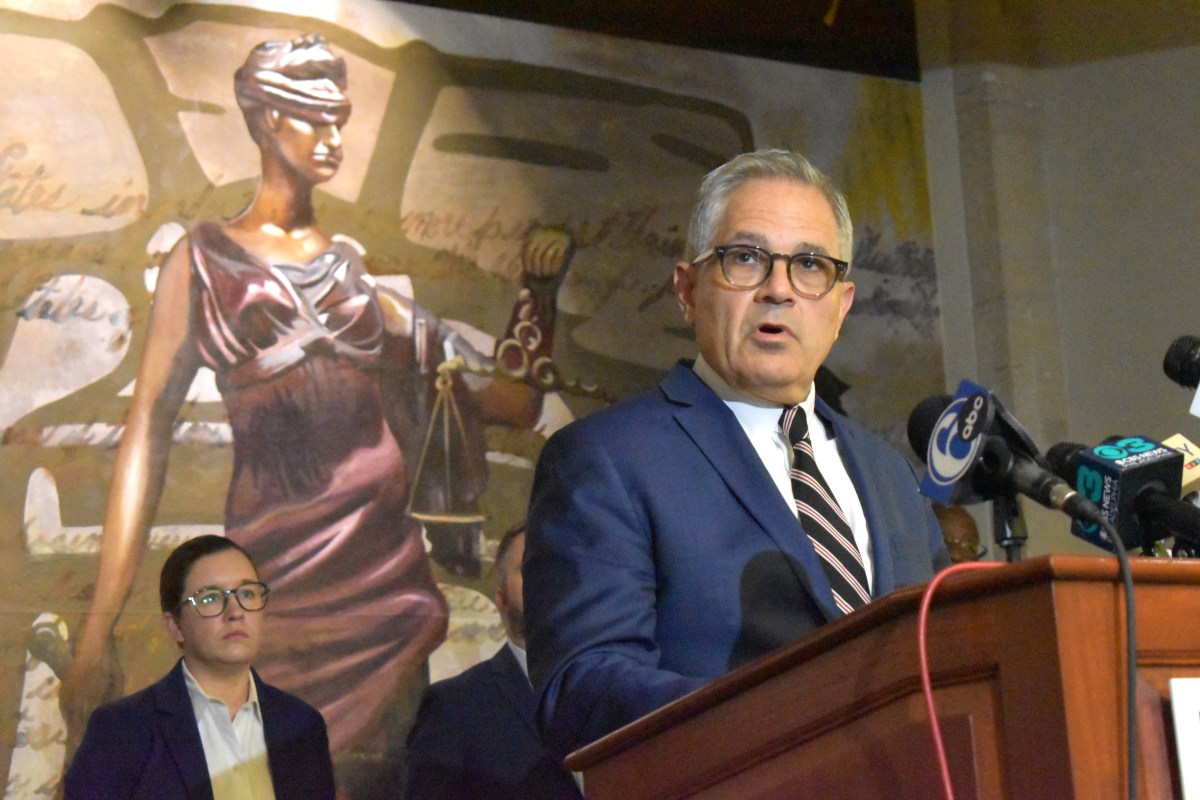NEW YORK (Reuters) – The dollar edged lower on Monday as investors were cautiously optimistic that an agreement in Washington on a fiscal stimulus package could be reached ahead of the Nov. 3 U.S. election, and that a coronavirus vaccine will be ready by year-end.
The dollar index <=USD> declined 0.3%, giving back some of its 0.7% gain from last week when a global surge in coronavirus cases and an impasse over the stimulus package stoked caution.
The softness in the safe-haven greenback came after House Speaker Nancy Pelosi said that she believed stimulus legislation could be pushed through before Election Day, while acknowledging an agreement would have to come by Tuesday for that to happen.
“There is growing optimism that there is going to be one last strong attempt to get a stimulus deal,” said Edward Moya, senior market analyst at Oanda in New York.
The markets “are not holding their breath, but there’s hope that once we get past the election, something will be able to get done so that we don’t have to wait until February, which would be way too long for a lot of small businesses and families,” he said.
The dollar index traded in a tight range of 93.207 to 93.767, and from a technical perspective, is likely to remain range-bound this week, said Marc Chandler, chief market strategist at Bannockburn Global Forex.
Boosting overall market sentiment, drugmaker Pfizer Inc <PFE.N> said on Friday it could potentially have a coronavirus vaccine ready in the United States by the end of the year.
Elsewhere, sterling rose 0.22% versus the dollar to $1.2952 <GBP=D3> as hopes grew that British and European negotiators might be able to salvage post-Brexit trade talks.
“It could well be the case that an agreement will be reached at the last hour, as markets appear to be expecting, but the lack of progress seen recently highlights the distinct possibility that no deal is achieved,” ANZ Research said in a client note.
Euro/dollar rose 0.44% to $1.1770 <EUR=EBS>, while dollar/yen dipped 0.03% to 105.38 <JPY=EBS>.
Asia’s trade-exposed currencies held firm on Monday as data showed China’s economic rebound from the pandemic accelerated in the third quarter, with the yuan surging to a fresh 1-1/2-year high against the dollar.
China’s gross domestic product grew 4.9% in the period ended Sept. 30 from a year earlier, slower than analysts’ forecast, but faster than the second quarter and helped by strong gains in industrial output and a rise in retail sales.
The Chinese currency touched 6.6737 against the U.S. dollar in the offshore market <CNH=EBS>, its strongest since March 2019, before easing back 0.29%.
The yuan has benefited in the last few months from hopes that Democrat Joe Biden will win the presidential election, as he is seen as less of a threat to U.S.-China relations than Republican President Donald Trump.
Lee Hardman, currency analyst at MUFG, said “the renminbi, other Asian and commodity-related currencies should continue to benefit,” noting that the spread of COVID-19 in Asia remains more contained than in the rest of the world and that points to “a continuation of cyclical outperformance” there.
The Australian dollar dipped 0.18% to $0.7066 <AUD=D3>, while the New Zealand dollar firmed 0.08% to $0.6609 <NZD=D3>.
New Zealand Prime Minister Jacinda Ardern won re-election on Saturday, delivering the biggest election victory for her center-left Labour Party in half a century.
(Reporting by John McCrank; additional reporting by Olga Cotaga; Editing by Sonya Hepinstall)

